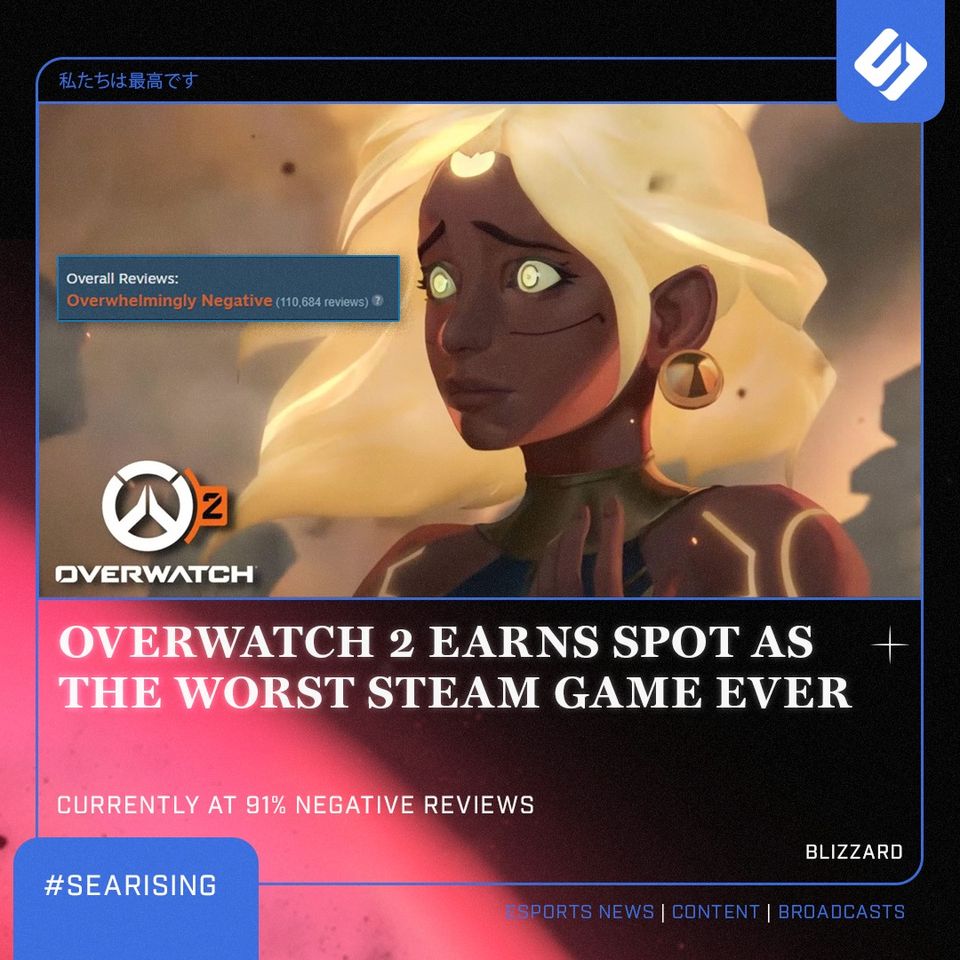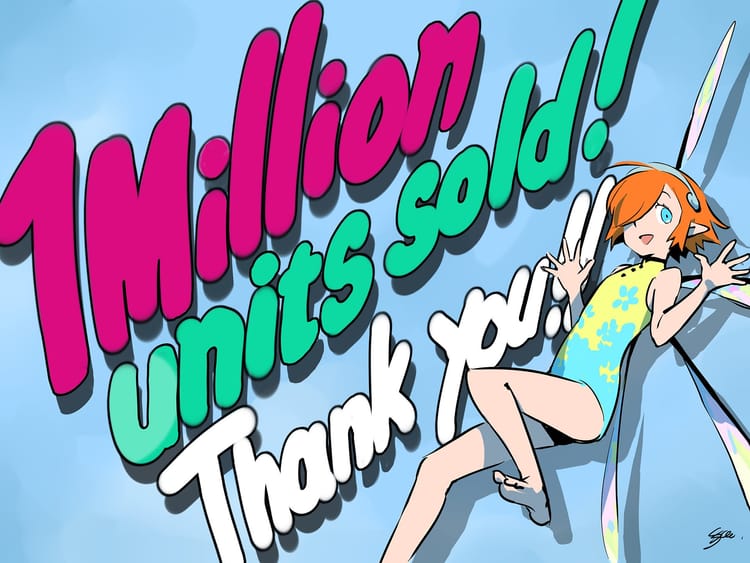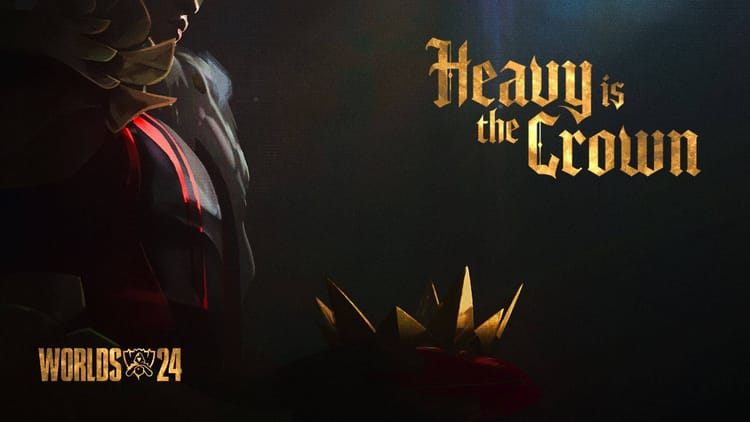Overwatch 2 Earns Spot as the Worst Steam Game Ever

Blizzard Entertainment's highly anticipated release, Overwatch 2, making its debut on the Steam platform, has encountered an unexpected and unprecedented response from the gaming community. As evidenced by the staggering number of reviews, a total of 110,000 (as of the time of this post), the game has ignited a wave of feedback, a significant majority of which paints a bleak picture of disappointment and discontent.
With an overwhelming 91% of these reviews bearing a negative sentiment, Overwatch 2 has swiftly and regrettably achieved the dubious distinction of becoming the lowest-rated game in Steam's history, a striking contrast to the excitement and enthusiasm that typically accompanies the release of a sequel to a highly acclaimed title.
The reasons underlying this overwhelming wave of negativity are varied and multifaceted. For a franchise that garnered a massive and dedicated fan base, the sequel's inability to meet the sky-high expectations set by its predecessor is particularly distressing. Fans and players, who held the hope of experiencing enhanced gameplay, innovative features, and enriched storytelling, have been met with a product that appears to have fallen short of these hopes.
This collective frustration seems to stem from a combination of factors. The transition from the original Overwatch to its sequel was anticipated to be a leap forward, with advancements in graphics, mechanics, and content. However, the initial impressions have conveyed a sense of stagnation rather than evolution. The gaming community's hopes for fresh and exhilarating gameplay experiences seem to have been overshadowed by mechanics that feel eerily reminiscent of the first installment.
Whether Overwatch 2's fate will change in the future through updates, adjustments, or renewed community engagement remains to be seen. However, its rocky launch on Steam serves as an indelible moment in gaming history, prompting reflection on the complex interplay between artistic creation, player expectations, and the delicate balancing act that game developers must navigate to create experiences that resonate and endure.





